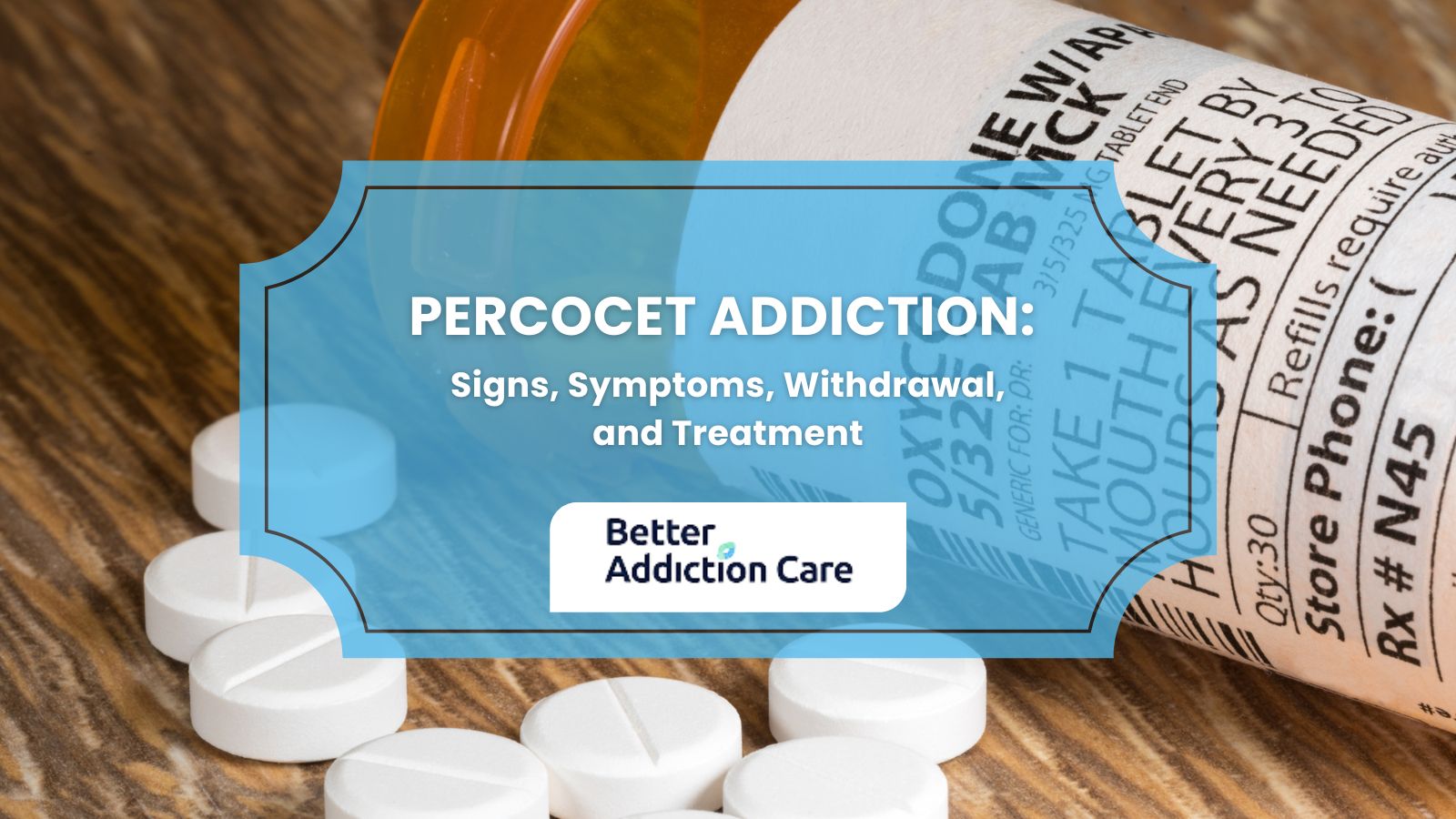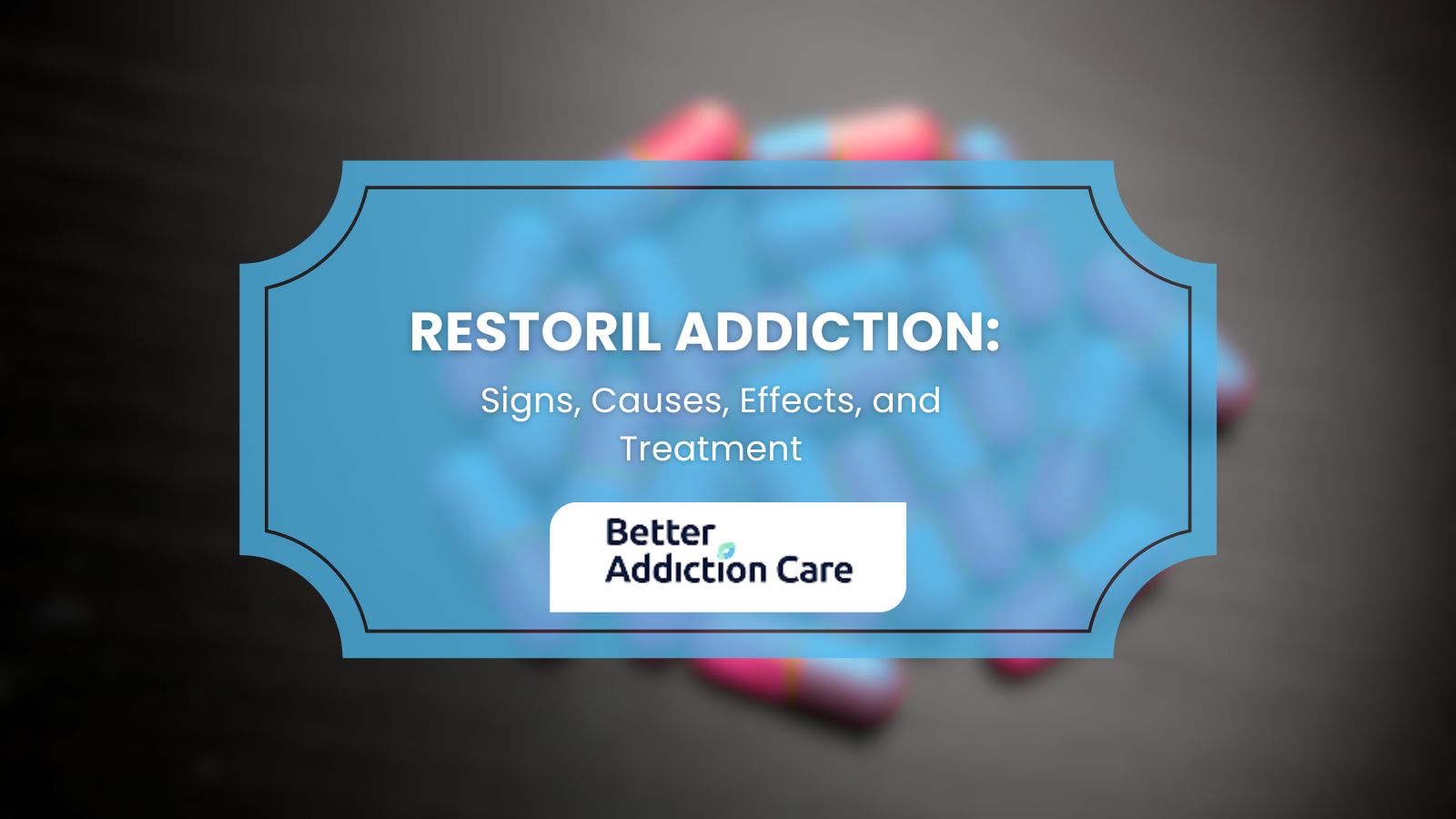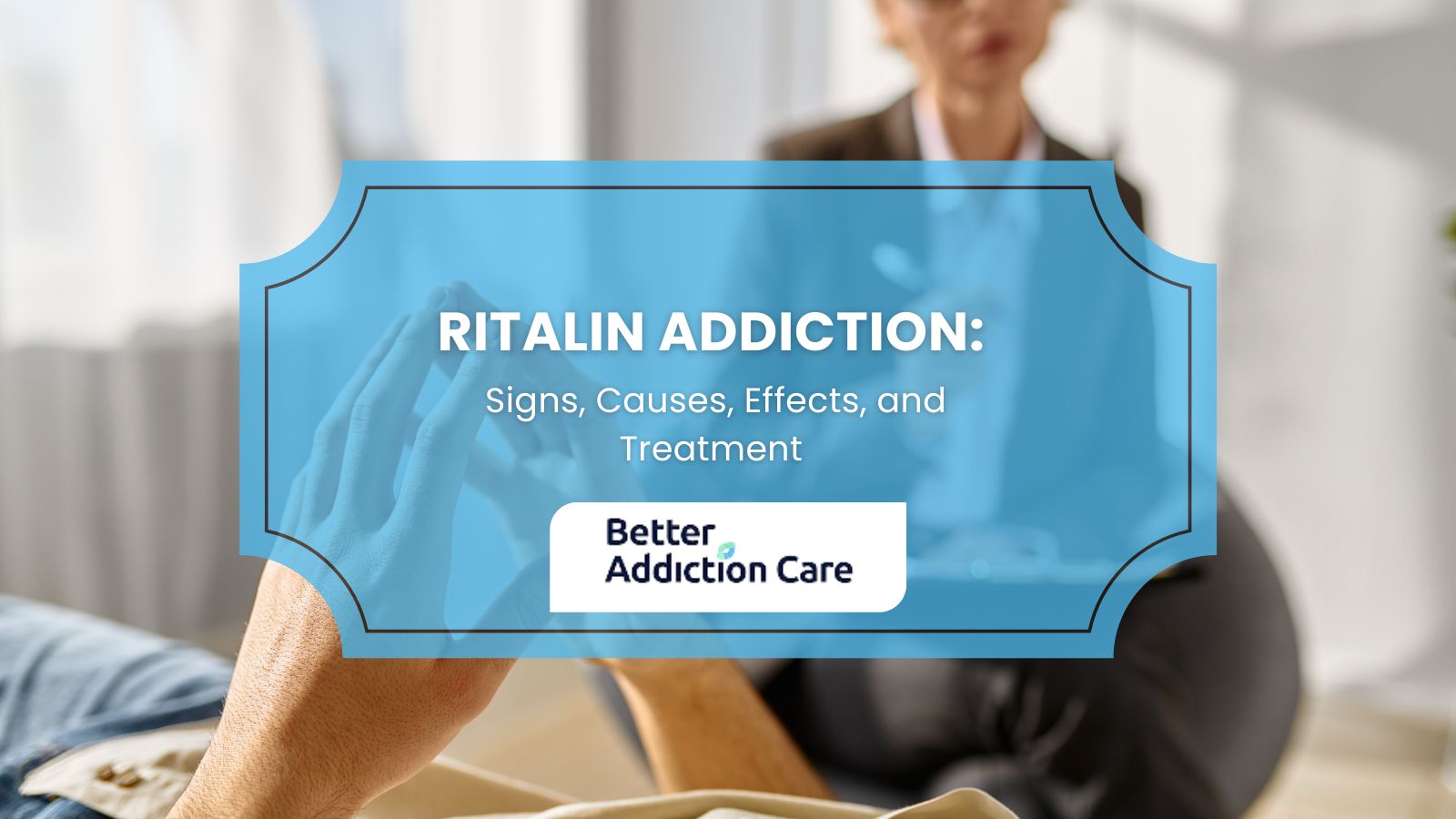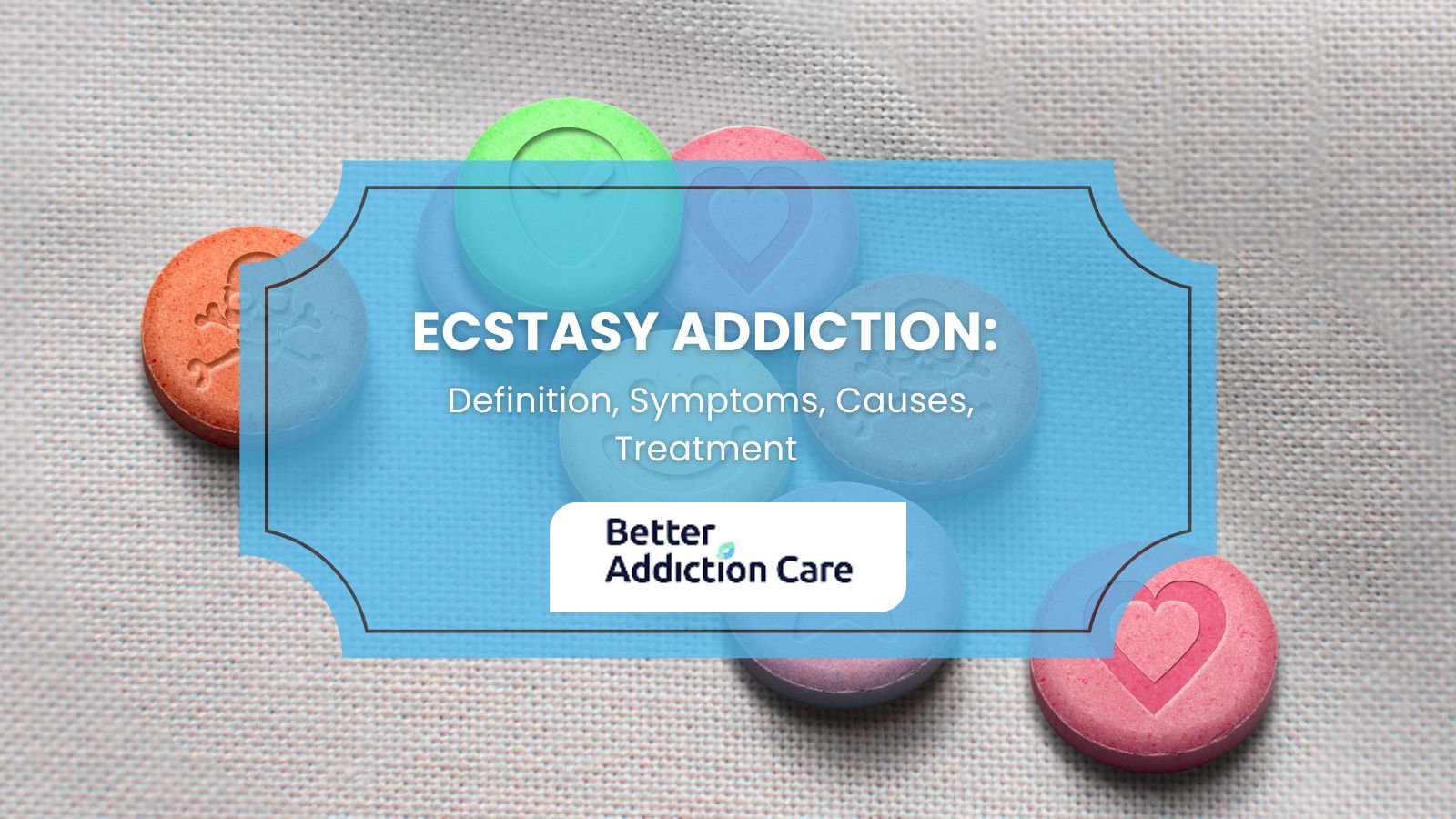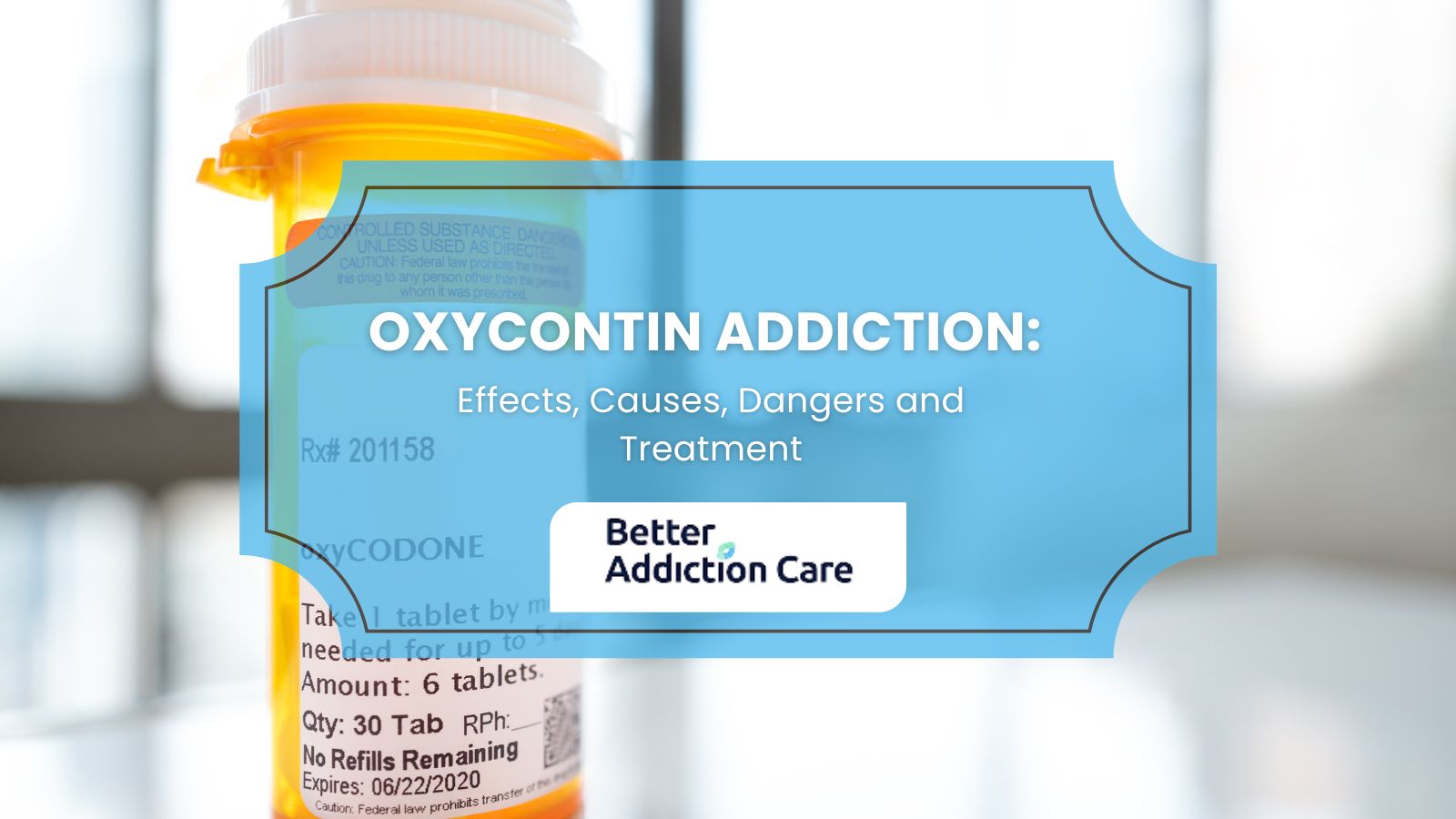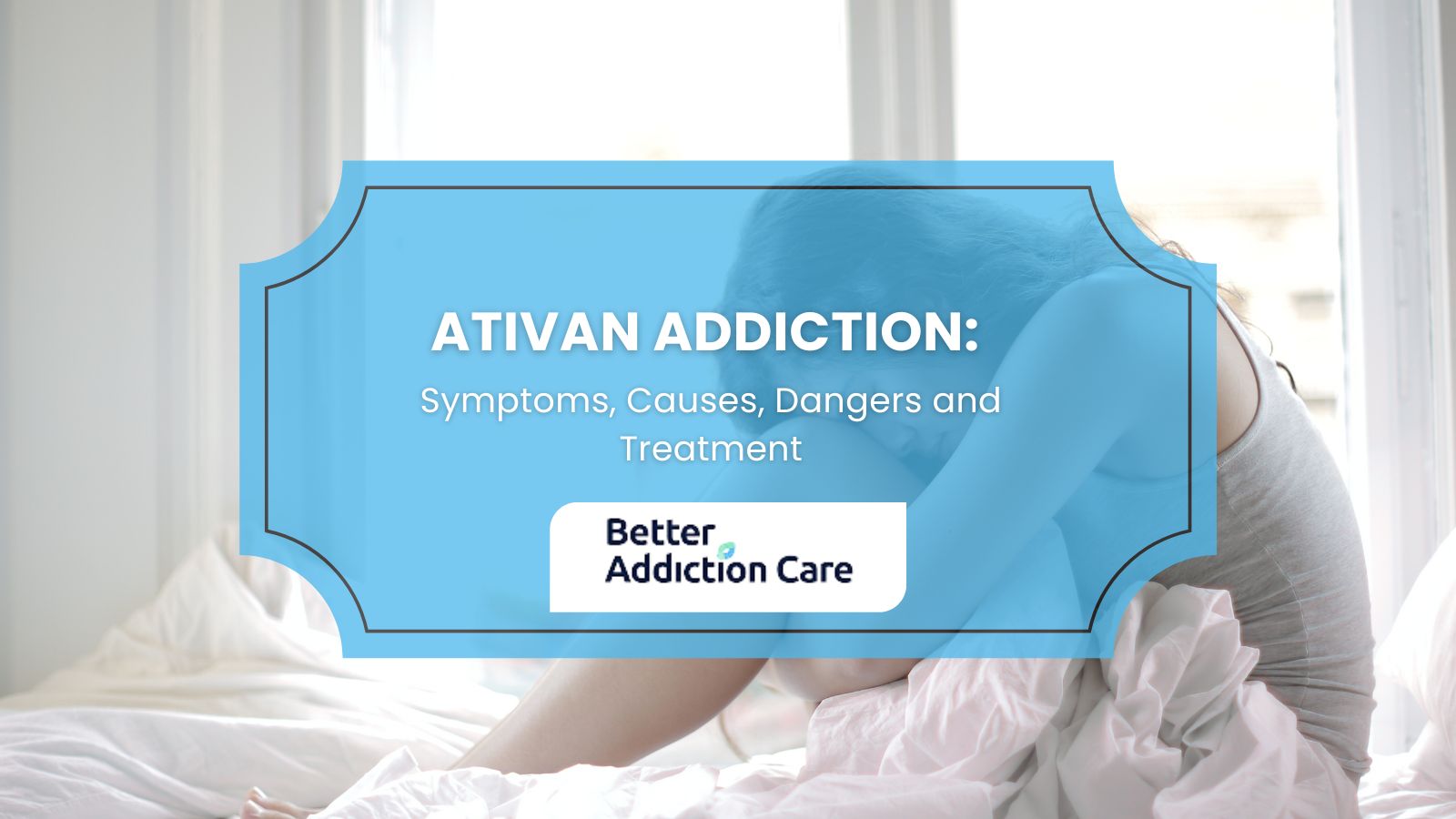
Overview
Teen Focus Recovery Center is a substance abuse treatment center for people seeking treatment near Chisago County. As part of their treatment modalities for recovery, Teen Focus Recovery Center provides cognitive behavioral therapy, substance use disorder counseling, and smoking/vaping/tobacco cessation counseling during treatment. Teen Focus Recovery Center is located in Rush City, Minnesota, accepting cash or self-payment for treatment.
Teen Focus Recovery Center at a Glance
Payment Options
- Cash or self-payment
- State-financed health insurance plan other than Medicaid
- Private health insurance
- Federal, or any government funding for substance use treatment programs
- IHS/Tribal/Urban (ITU) funds
Assessments
- Screening for tobacco use
- Comprehensive substance use assessment
- Interim services for clients
- Outreach to persons in the community
- Screening for substance use
Age Groups
- Adolescents
- Young adults
- Children/adolescents
Ancillary Services
- Case management service
- Early intervention for HIV
- Social skills development
- Transportation assistance
Highlights About Teen Focus Recovery Center
6.97/10
With an overall rating of 6.97/10, this facility has following balanced range of services. Alcohol Rehabilitation: 8.00/10, Drug Rehab and Detox: 6.00/10, Insurance and Payments: 6.53/10, Treatment Options: 7.33/10.-
Alcohol Rehabilitation 8.00
-
Treatment Options 7.33
-
Insurance and Payments 6.53
-
Drug Rehab and Detox 6.00
Accreditations
SAMHSA certification for opioid treatment program (OTP):
SAMHSA's Opioid Treatment Programs (OTP) accreditation is a prestigious recognition that signifies a program's compliance with stringent standards and guidelines established by the Substance Abuse and Mental Health Services Administration (SAMHSA). This accreditation demonstrates an OTP's commitment to providing high-quality, evidence-based care for individuals struggling with opioid use disorder (OUD). It serves as a trusted symbol of accountability and excellence, assuring patients, families, and communities that the OTP offers safe, effective, and comprehensive treatment options for OUD.
State department of health:

Government agencies issue State Licenses, granting permission to rehabilitation organizations to conduct their business operations lawfully within specific geographic regions. Generally, the particular rehabilitation programs offered by a facility and its physical location dictate the necessary licenses needed for legal operation.
Registration: 1047832
Treatment At Teen Focus Recovery Center
Treatment Conditions
- Alcoholism
- Substance use treatment
Care Levels
- Outpatient
- Intensive outpatient treatment
- Regular outpatient treatment
- Aftercare
Treatment Modalities
- Cognitive behavioral therapy
- Substance use disorder counseling
- Smoking/vaping/tobacco cessation counseling
- Group counseling
- Family counseling
Ancillary Services
Additional Services
- Pharmacotherapies administered during treatment
- Mentoring/peer support
- Drug or alcohol urine screening
Contact Information
Read our Most Recent Article About Drug Addiction
DISCLAIMER: The facility name, logo and brand are the property and registered trademarks of Teen Focus Recovery Center, and are being used for identification and informational purposes only. Use of these names, logos and brands shall not imply endorsement. BetterAddictionCare.com is not affiliated with or sponsored by Teen Focus Recovery Center.
